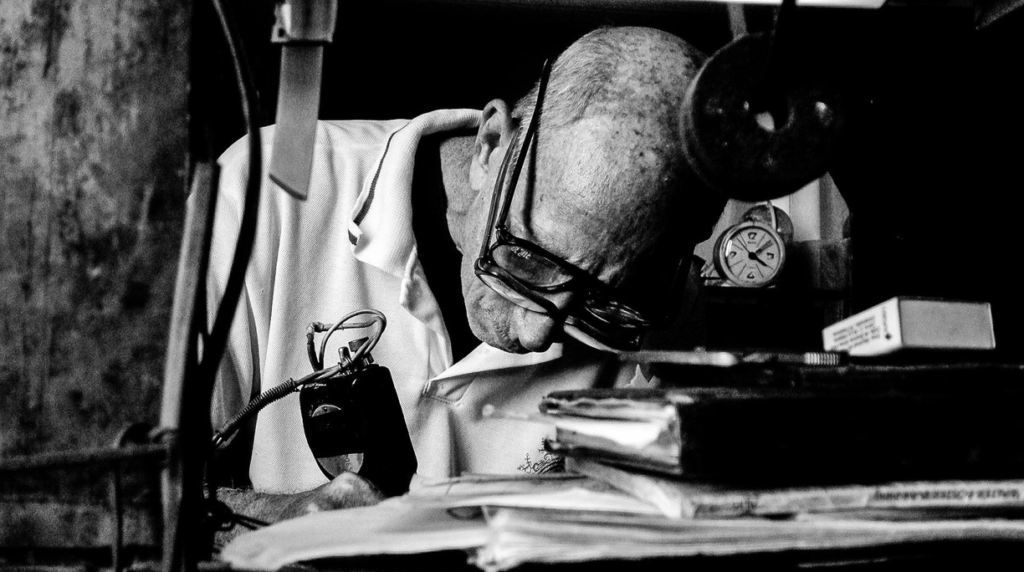A patent is an intellectual property right granted to inventors by the U.S. Government. According to 35 U.S. Code § 154, Inventors can use patents to “exclude others from making, using, offering for sale, or selling the invention throughout the United States or importing the invention into the United States.” A patent will grant the inventor protections in exchange for the invention’s public disclosure. It is in the best interest of an inventor to obtain a patent to protect the ownership and commercialization of their invention. Although patents provide benefits to the inventor, it can be challenging to determine patentability, as not all inventions are patentable.
For an invention to be patentable, it must have a utility or be useful. In other words, it must have a meaningful and immediate benefit to the public. For example, innovation for a machine that merely spins yet has no functional purpose or advantage will not be patentable. However, a spinning invention that has a functional purpose and improves the previously established technology is patentable.
Five categories of inventions are not generally considered patentable: 1) tax strategies, 2) human organisms, 3) abstract ideas and general concepts, 4) natural phenomena, and 5) laws of nature. Of these, the last three are in a more nuanced territory. While abstract ideas, natural phenomena, and laws of nature are not patentable, they may be used as background or as a supportive element of an invention. For example, a machine that integrates the force of gravity in one or more of its steps/elements where gravity serves to help the machine function properly and achieve its utility may be patentable, but this does not entitle the inventor to claim ownership of gravity itself.
So, then what makes an invention patentable? Besides satisfying the utility requirement, it must be new and non-obvious. Once you have developed a brand-new and non-obvious invention with a utility, you will be able to choose from one of three kinds of patent applications: utility patents, design patents, and plant patents. Utility patents are the most common type of patent; these are the mainstream idea of inventions- a process, machine, article of manufacture, composition of matter, or improvement thereof. Design patents are for ornamental inventions that serve a purpose. One well-known example of a design patent is the rounded Coca-Cola bottle. The unique design of the original rounded Coca-Cola bottle is an ornamental object that serves the functional purpose of containing the Coca-Cola drink. Plant patents are also available for people who discover or invent a new type of plant through asexual reproduction.
Without this knowledge, it can be tricky to understand what is patentable, as the word “patent” is often misused and substituted for other types of intellectual property. For example, if a person manufactures a shirt with a unique logo, some may mistakenly refer to the logo as a patent. This person is really in need of trademark protection. Likewise, just because your work includes a design component does not necessarily mean you qualify for design patent protection. For instance, some ornamental objects with no functional purpose, such as paintings, cannot be issued a design patent but may qualify instead for copyright protection. Determining the most suitable intellectual property right for your invention, product, or creation is most successful when discussed with an intellectual property attorney. Our expert attorneys at Alcoba Law Group are here to help you and have experience registering patents, trademarks, and copyrights. If you still have questions regarding the patentability of your invention or are interested in a trademark or copyright, please feel free to schedule a free consultation with us so we can assist you.
Written by: David Sacasa Ⓒ 2021 Alcoba Law Group P.A.
Picture Credits: Miri Paez Bolet.
Reviewed by: Ruben Alcoba






